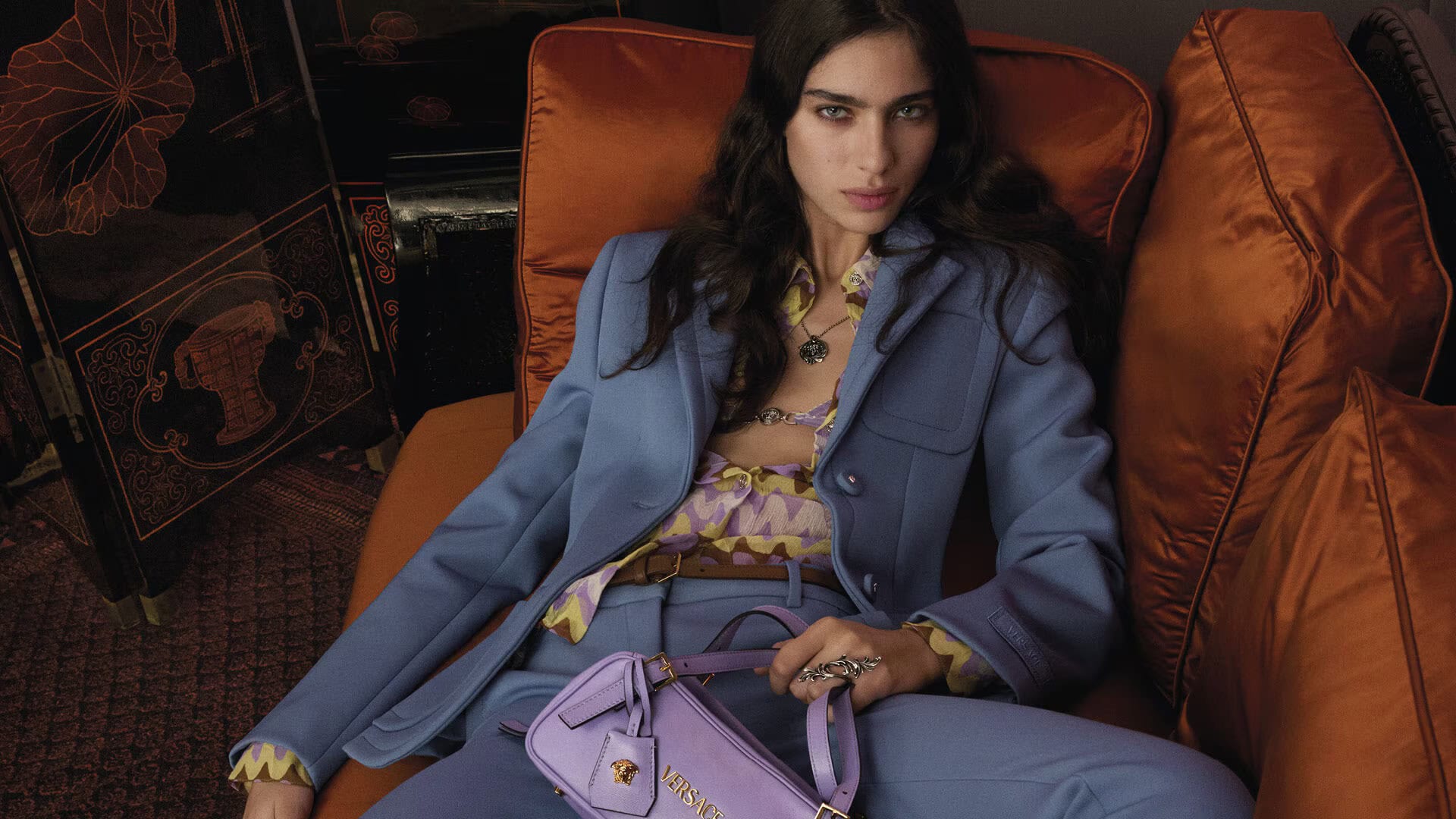Talking legacy, maturity and AI with American designer Alexander Wang

The designer is well aware of the cultural shifts that have occurred since he launched his business as a Parsons School of Design dropout with only a collection predominantly of knitwear to his name. Even then though, the wunderkind knew he was onto something special, quickly rising up the ranks from interning at Vogue to receiving the prestigious CFDA/Vogue Fashion Fund award in 2008.
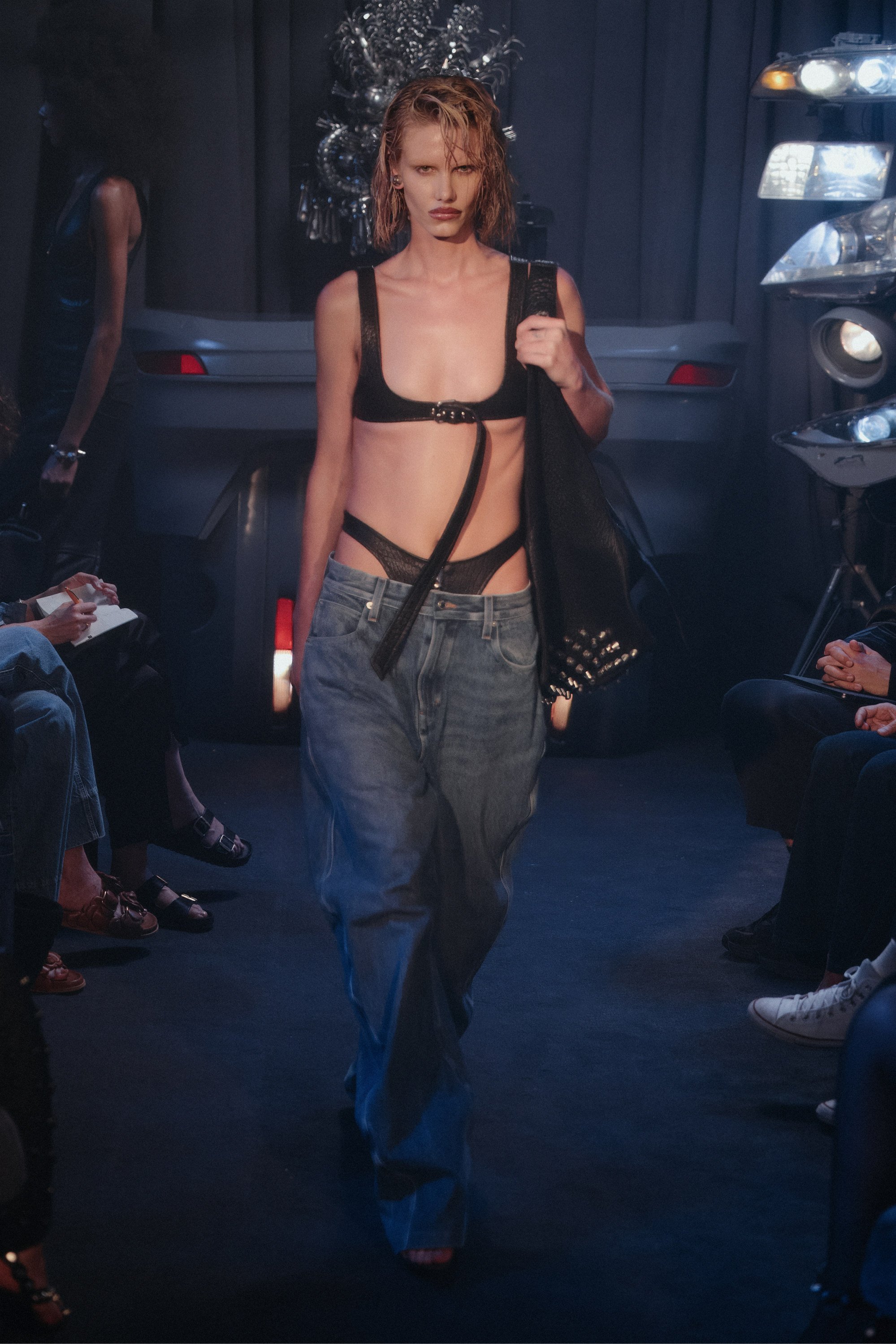
Wang’s newest runway show, held in early June to mark the beginning of the brand’s next chapter – Legacy 2.0 – paid homage to those very same underground design codes which first made him famous: skin-baring separates, slick leather and studs galore.
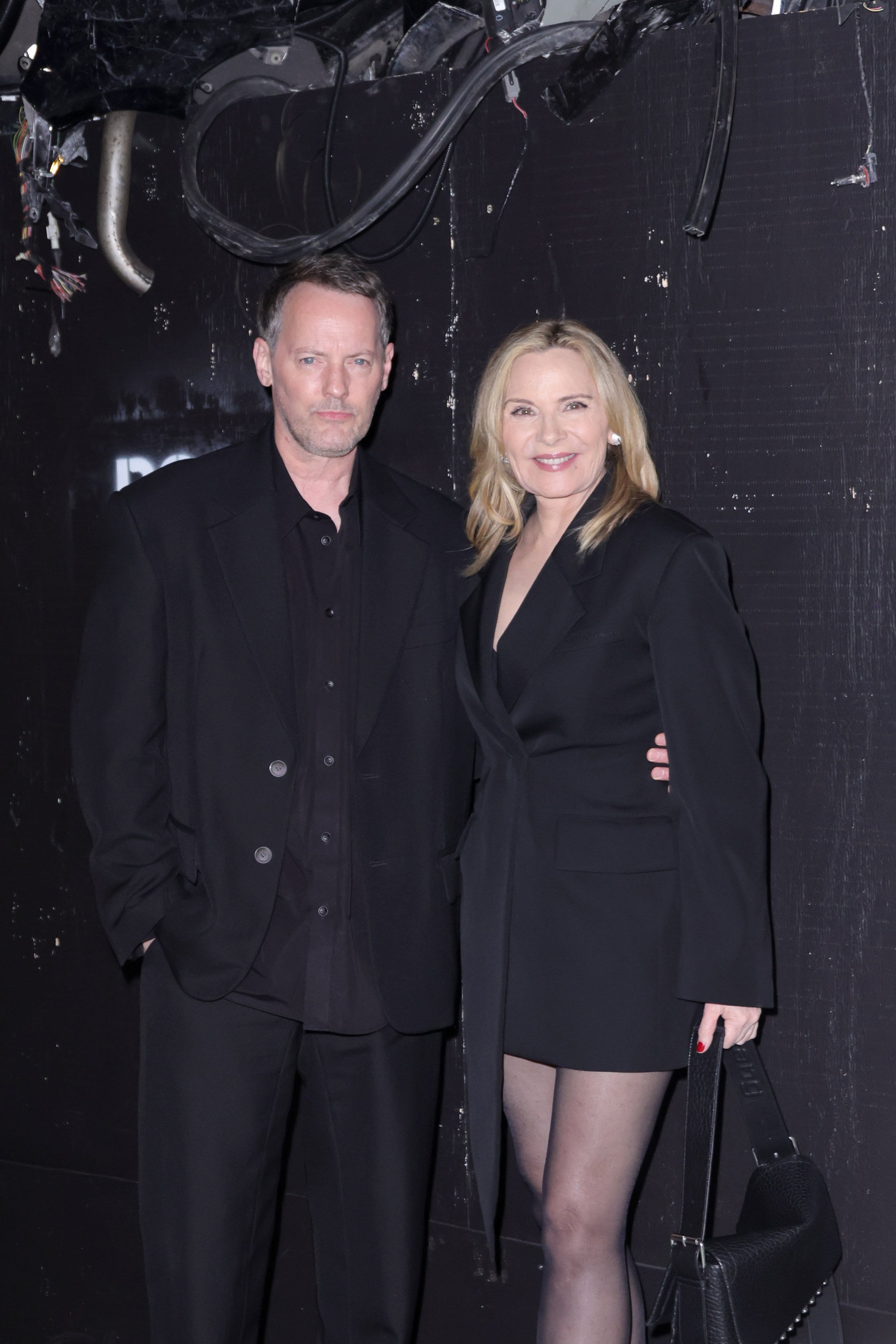
Starting this brand when I was 21, [I] said a lot of things [where] I am like, oh my gosh, did I say that in an interview?
The accompanying marketing was controversial, employing AI and even a fake all-star cast of celebrity lookalikes parodying Kylie Jenner, Ariana Grande and others – but was certainly a conversation starter.
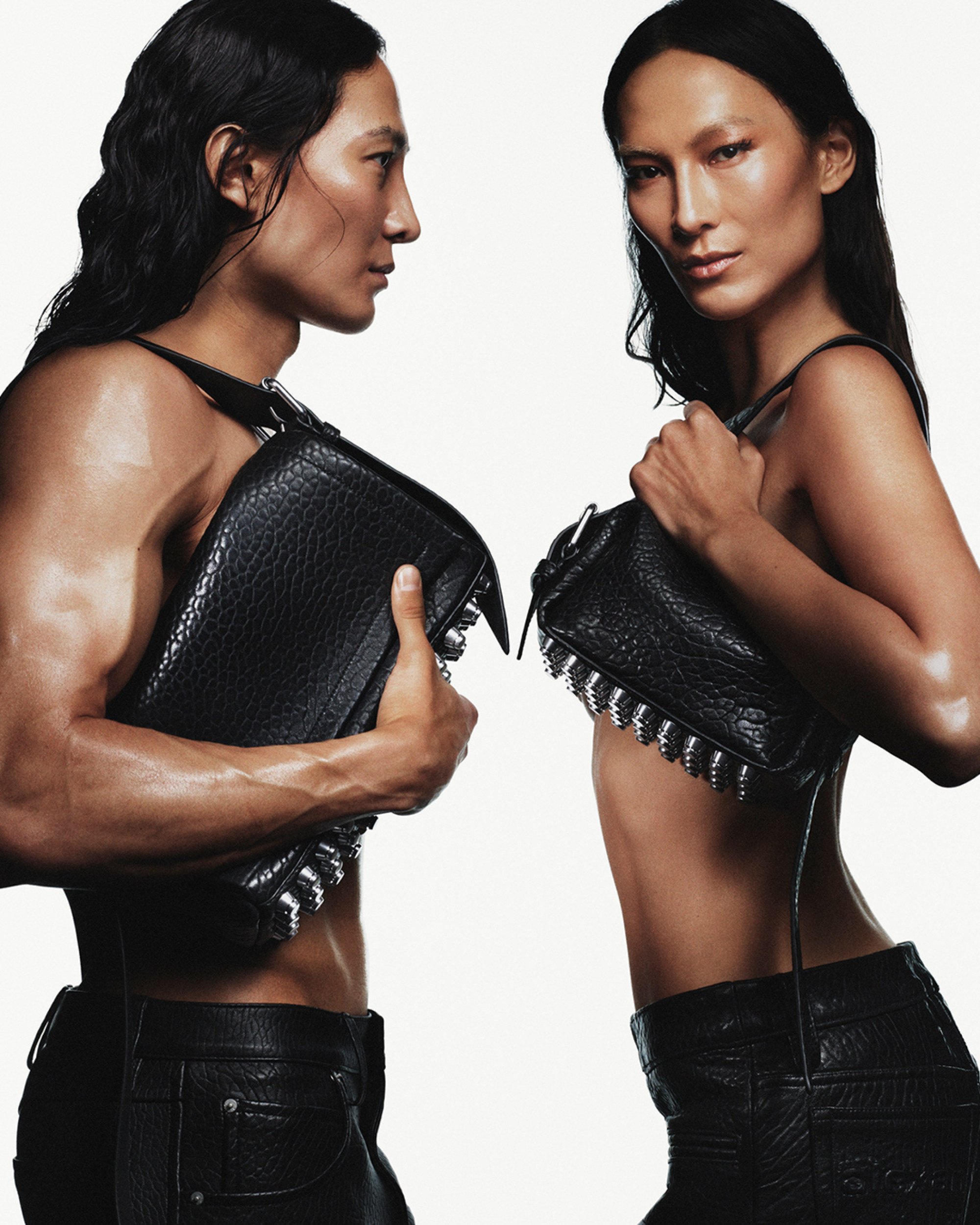
“We definitely set a goal of trying a lot of formats that we hadn’t played around with before,” Wang says, describing the build-up culminating in the brand’s new show, The Garage, which transformed its flagship store in New York’s famed SoHo shopping district into what the designer calls “an American junkyard”. By way of example, a runway film starring Cattrall, which sees the actress literally crash into the store – and your screens, thanks to CGI – introduces the concept.
“It was just this idea of going back to what I’ve always loved about New York when I first moved there – this grittiness. The spontaneity, the mystery. Maybe there’s a nostalgic aspect I wanted to play around with,” adds Wang.
That grit was the centrepiece of The Garage. Models are seen arm wrestling and breaking glasses in the film – the sort of thing that made Alexander Wang one of New York fashion’s biggest 21st-century success stories to begin with. It’s a cheeky metaphor for how Wang helped put a new generation of New York designers on the map simply by making fashion for girls who want to have fun – it’s largely because of Wang that models are now just as known for their “off-duty” street style as they are for their runway looks.
“I always think, would I be interested in who this person is?” Wang asks of the audience he works for. “Would I be intrigued by where she lives, where she goes out? Would I want to be friends with this person?”
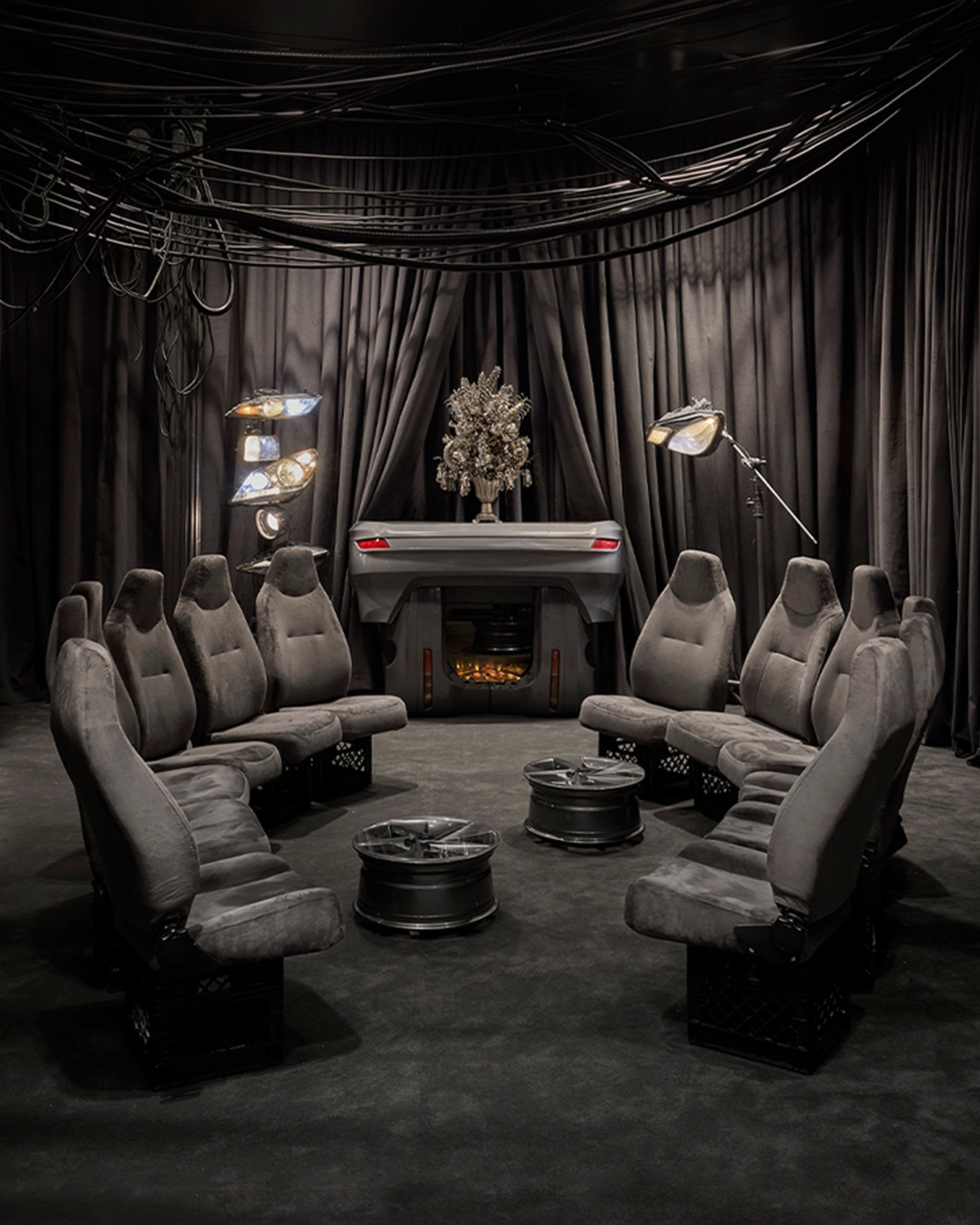
“I didn’t come from a background of mentors or anyone that could teach me about fashion,” he says. “There were a lot of things that I made up along the way, just being entrepreneurial and figuring [it] out as I went, trial and error.”
Nearly two decades of figuring it out later, the brand hasn’t lost that cool, if-you-know-you-know edge. It’s experimenting with new audiences on new platforms using new technology, but as always, having a sense of humour along the way.
“There’s moments where we want to create very visually arresting imagery,” says Wang, citing the polarising pictures shot for the Ricco campaign as an example. “As a team, we were just like, ‘We’ve never had a pregnant belly – feel punk’.”
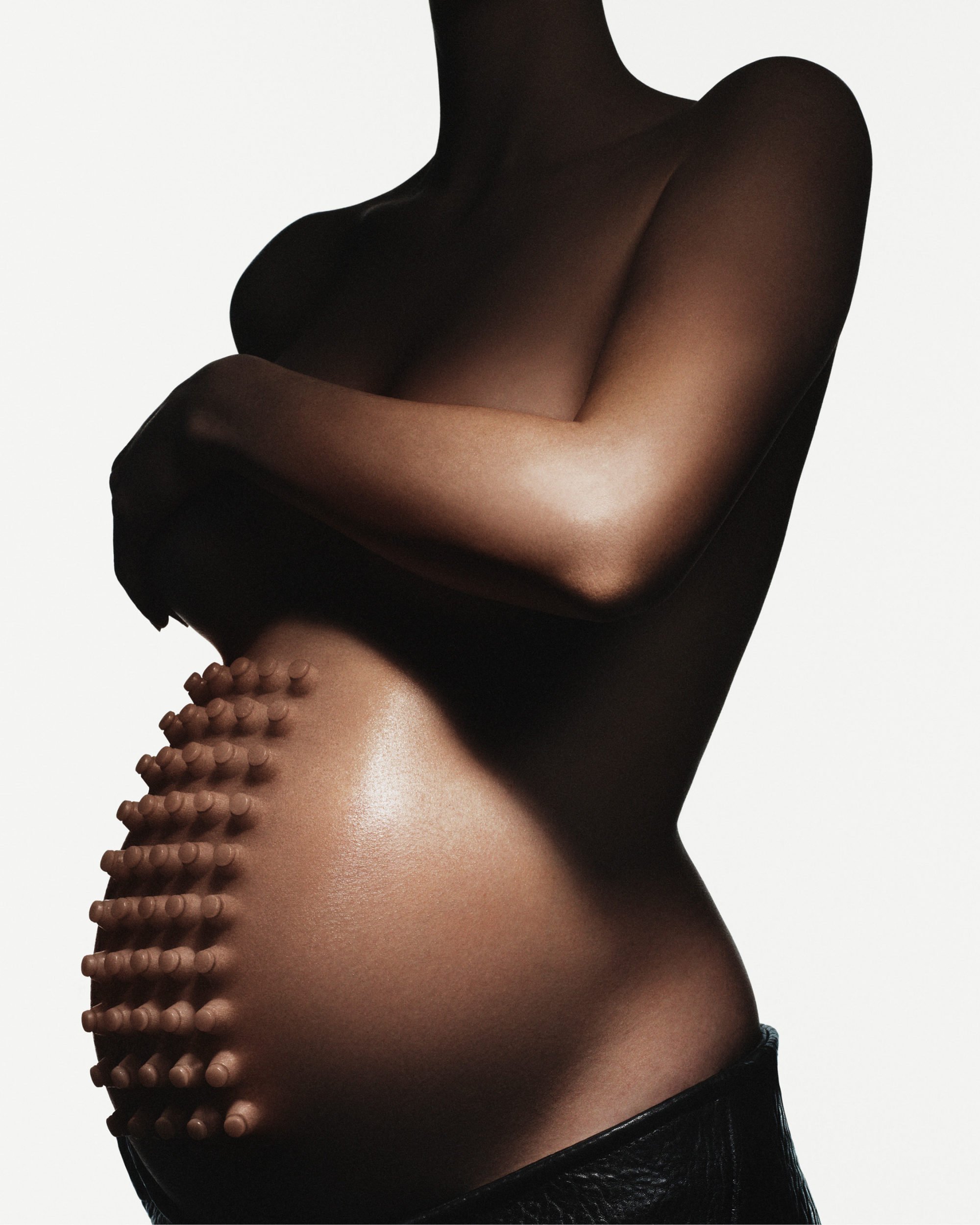
The use of AI to depict a pregnant belly bearing the signature studs of an Alexander Wang bag attracted mixed reactions, with some calling it “weird and uncomfortable”, others saying it was “deeply disturbing”. Wang isn’t afraid to acknowledge the controversy. “I’d rather have someone either love it or hate it, versus not having an opinion about it. You have to make an impact. And if you don’t, you don’t really exist.”
Which begs the question, what makes an impact in today’s instantaneous social media-driven economy – reality, or just our perception of it? “With the faux celebrities, at the end of the day, people understand that this is humour. That’s what we wanted to convey,” Wang says about the trippy, tongue-in-cheek celebrity doppelgänger videos made to promote the Ricco. “There was a Rihanna one I really wanted, but we couldn’t get in touch with her,” he laughs.
Poking fun at today’s fake, influencer-driven culture is one way to look at it, though Wang admits it’s not supposed to be that deep. But he acknowledges how difficult it is these days to take creative risks at the right time: “You never know how far something can go before it might be misinterpreted … If this just happened in the world yesterday, does it feel tone-deaf if we launch this?”
You get the sense Wang has taken to heart the lessons living in the spotlight has taught him over the years, from a short-lived stint at Balenciaga in the mid-2010s to serious allegations of sexual misconduct just a few years ago. On the latter, Wang posted a public apology after speaking with his accusers, represented by victims’ rights lawyer Lisa Bloom, who later wrote that they had decided to acknowledge the designer’s apology and move forward.
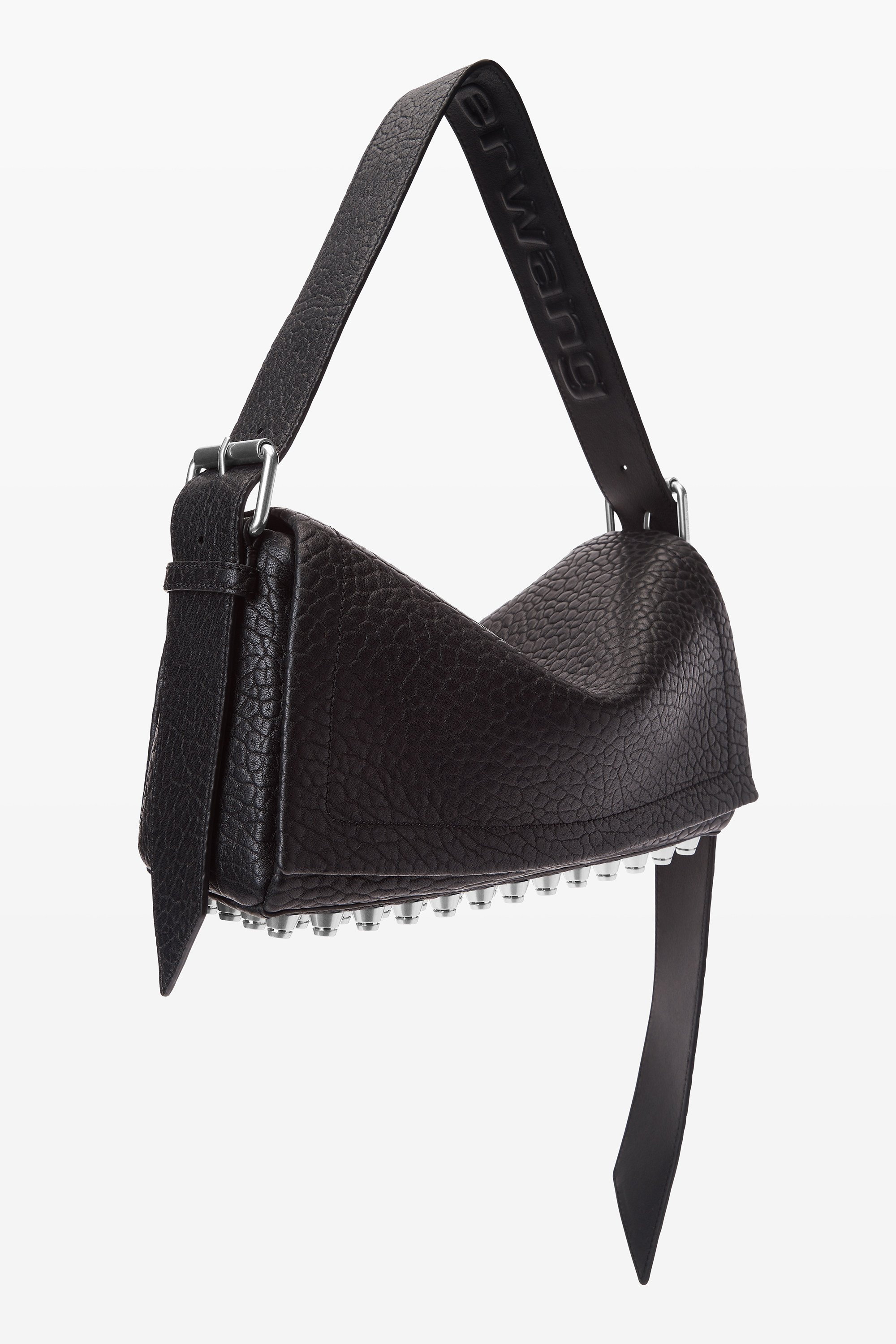
Asked to reflect on the ups and downs of making a comeback in today’s cancel culture environment, Wang remarks, “It’s definitely dangerous territory. All I have to say is I’m very appreciative of a lot of the experience that I’ve had, upon reflection, and being able to say I’ve grown up.”
“Starting this brand when I was 21, [I] said a lot of things [where] I am like, oh my gosh, did I say that in an interview?” Wang continues. “Those are part of the mistakes and things that I’ve said that help build up who I am, and I have to reflect on those moments and also understand: this is what it looks like to become an adult, become a brand that matures in the public spotlight.”
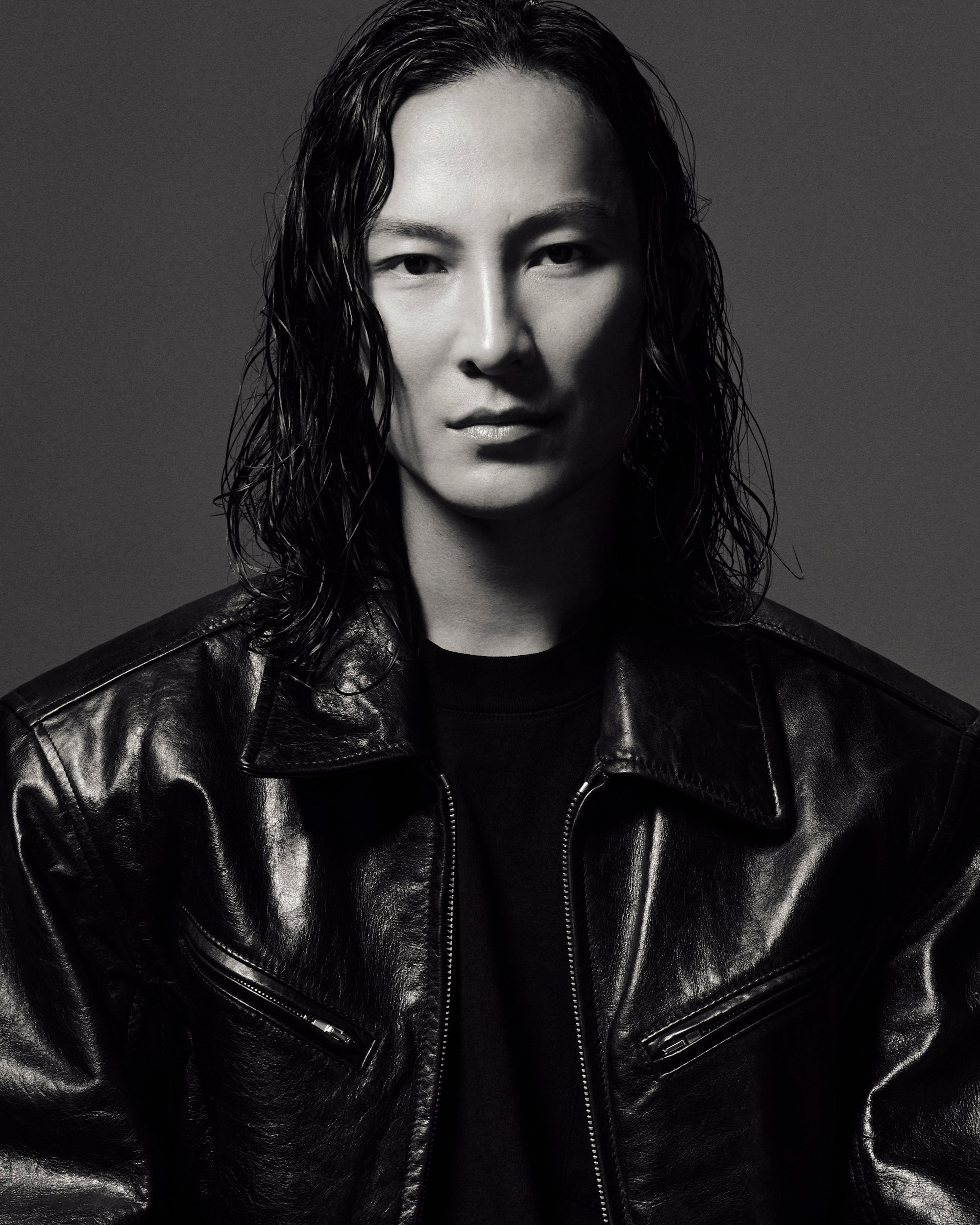
So what does that maturity look like for Alexander Wang? For his brand that means standing at the meeting point of two major frontiers: the aforementioned AI, and mainland China – the former to do with looking forward, while the latter is about turning inward. Rather than let fear of the unknown stop him, Wang is committed to embracing new creative possibilities.
“We haven’t necessarily used AI to design a collection or anything like that,” he says. “There’s going to be a point when it does become very advanced – and obviously there aren’t laws around that … It can be scary. But when it comes to a point when there’s so much of it everywhere, it’s going to bounce back to people to make their own judgments. For us, as a brand, it is [exciting] whenever there’s new territory to explore.”
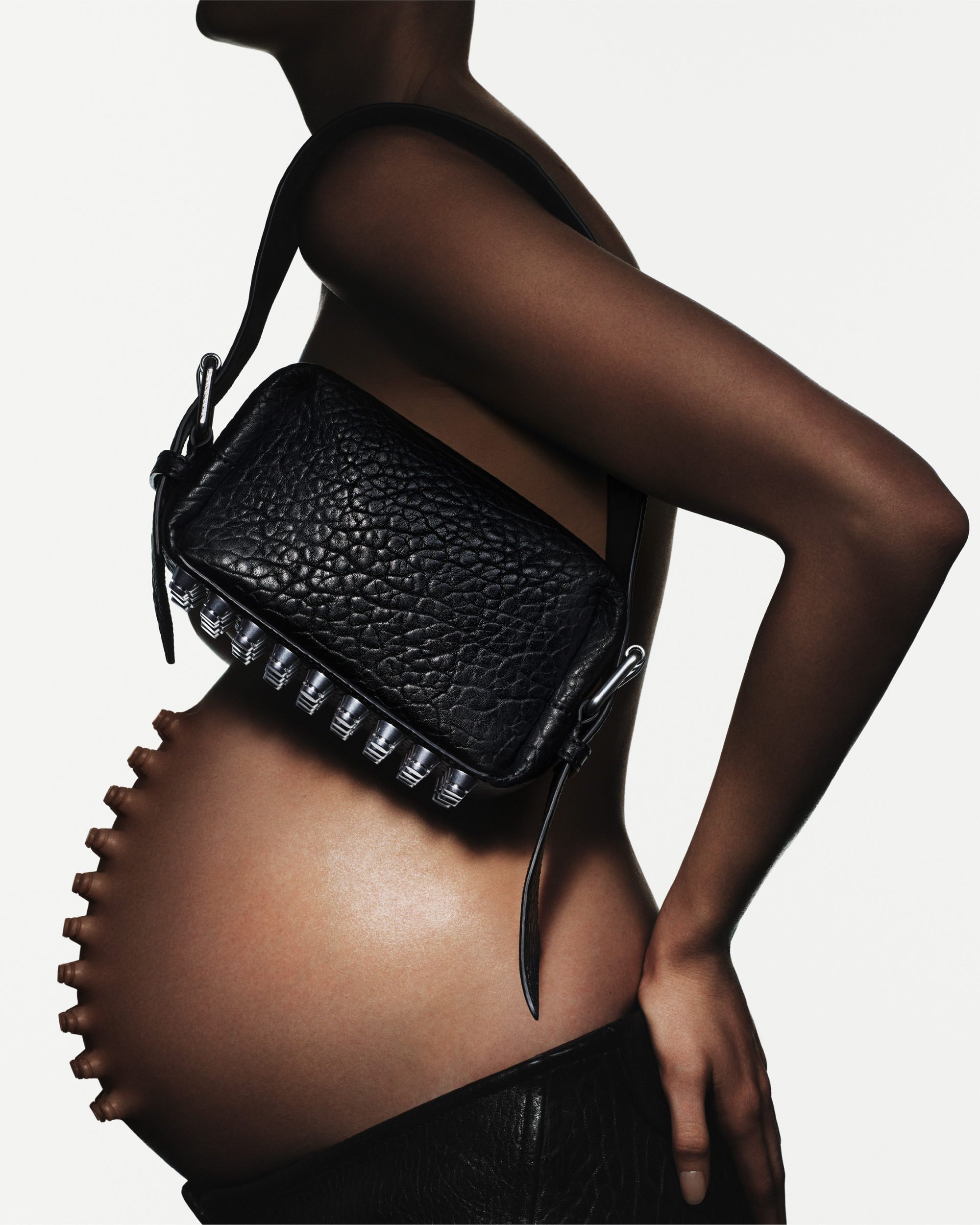
Wang has paid close attention to the Chinese market since his earliest days, opening the brand’s second flagship in Beijing nearly a decade ago. “Obviously a lot has changed since then,” says Wang. “Entire cities have been built, you know? I remember when I was very little, my mum always said, ‘Pay attention to what’s happening in China. That’s going to be your future, no matter what you want to do.’ Now I completely know what she means, because as we’re developing the most interesting or innovative formats, I want to test them [in China].”
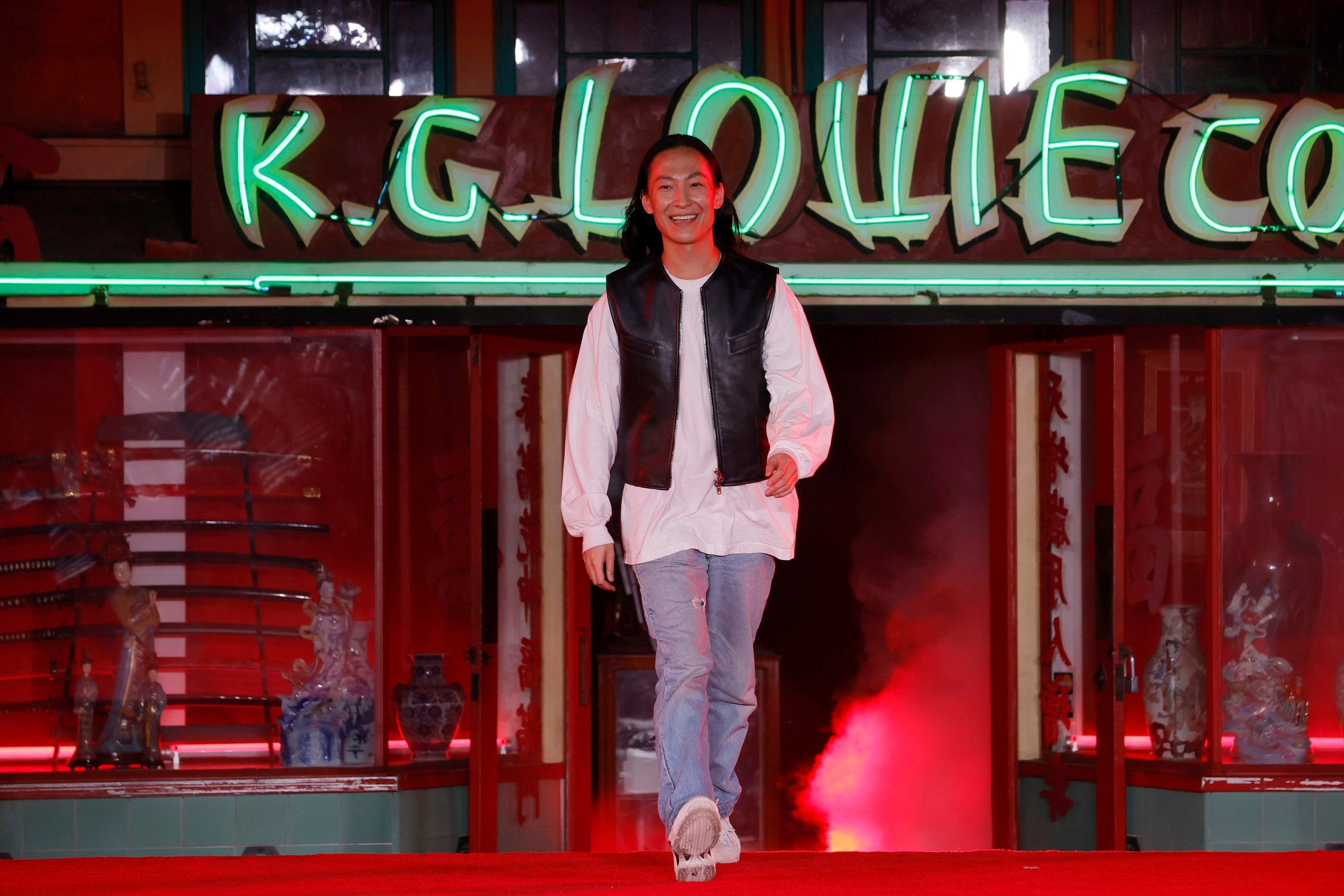
“One of the biggest learnings is that I started this as a family business,” says Wang, “and just recently, we were able to bring in outside investors and also allow the brand to become an ‘it’ – allow it to become something that wasn’t so tied to me as an individual, who my friends were. Allow the brand to have its own legacy. That was what this launch of Legacy 2.0 was really about.”
Related
Trudeau says Canada will issue 25% tariffs on $155B of…
'The Bottom Line' panelists Lee Carter and Liz Peek give their take on President Donald Trump confirming the 25% tariffs. Canadian Prime Minister Justin T
Cartel Violence Kills American Citizen In Brutal Fashion. Will Trump…
PublishedFebruary 25, 2025 4:34 PM EST|UpdatedFebruary 25, 2025 4:35 PM ESTFacebookTwitterEmailCopy LinkAn American citizen is dead after a cartel-linked bombin
Luxury Briefing: Tapestry, Capri and the American fashion portfolio shakeup
In this week’s Luxury Briefing: The fallout from the failed Tapestry-Capri merger continues, with Tapestry selling Stuart Weitzman and Capri reportedly eyeing
Liz Truss tells CPAC UK is ‘failing’ and needs Maga-style…
Liz Truss, the former British prime minister, told a rightwing conference in the US that her country was “failing” and needed a Donald Trump-style “Maga�


